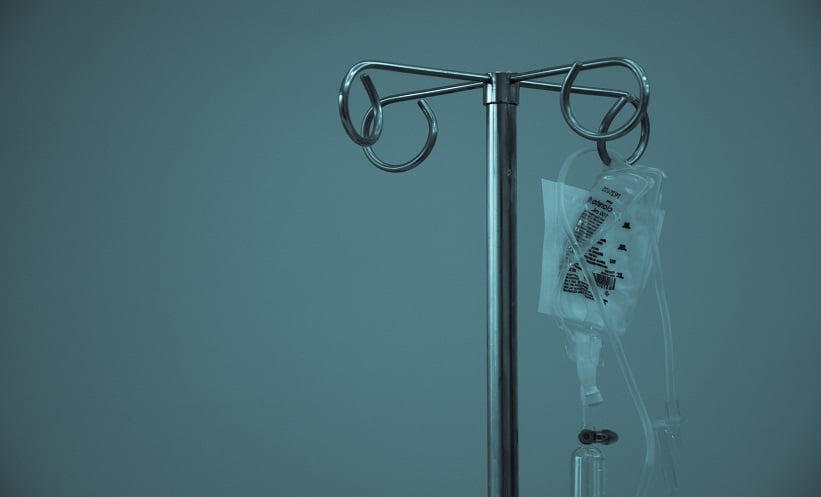NEW research shows that chemoimmunotherapy with ibrutinib and obinutuzumab combined with a three-cycle regimen of chemotherapy is an effective first-line treatment for patients with chronic lymphocytic leukaemia (CLL) who are fit. Traditionally, CLL is treated with a six-cycle chemotherapy regimen involving fludarabine, cyclophosphamide, and rituximab.
In a novel study presented at the European Hematology Association (EHA) 2002 annual congress, the authors examined the efficacy of a therapy combining ibrutinib and obinutuzumab with fludarabine and cyclophosphamide (iFCG) for patients with CLL who have mutated Ig heavy chain status. Furthermore, the study investigated whether a three-cycle regimen reduced the risk of myelodysplastic syndrome compared with the commonly prescribed six-cycle therapy.
The Phase II study involved 45 patients with untreated CLL and a mutated Ig heavy chain status receiving three cycles of the iFCG regimen. Of all patients who received this treatment, 39 achieved undetectable measurable residual disease (MRD) in their bone marrow following three cycles. Subsequently, all patients were administered nine courses of ibrutinib; however, only patients who achieved complete remission (CR) or CR with incomplete count recovery and undetectable MRD received three cycles of obinutuzumab, with all other patients receiving nine additional cycles of obinutuzumab.
By the sixth cycle of iFCG, 40 patients achieved undetectable MRD status, with 69% of patients achieving CR or CR with incomplete count recovery). Finally, with an average follow-up of 5 years the progression-free survival rate was 97.7% and the overall survival rate was 97.8%.
Presenting the findings, Nitin Jain, Associate Professor, Department of Leukemia, The University of Texas MD Anderson Cancer Centre, Houston, USA, noted that their overall “data suggests that [the chemoimmunotherapy] regimen is very effective and appears superior to published six cycles of chemotherapy regimen for the same favourable risk features.”







